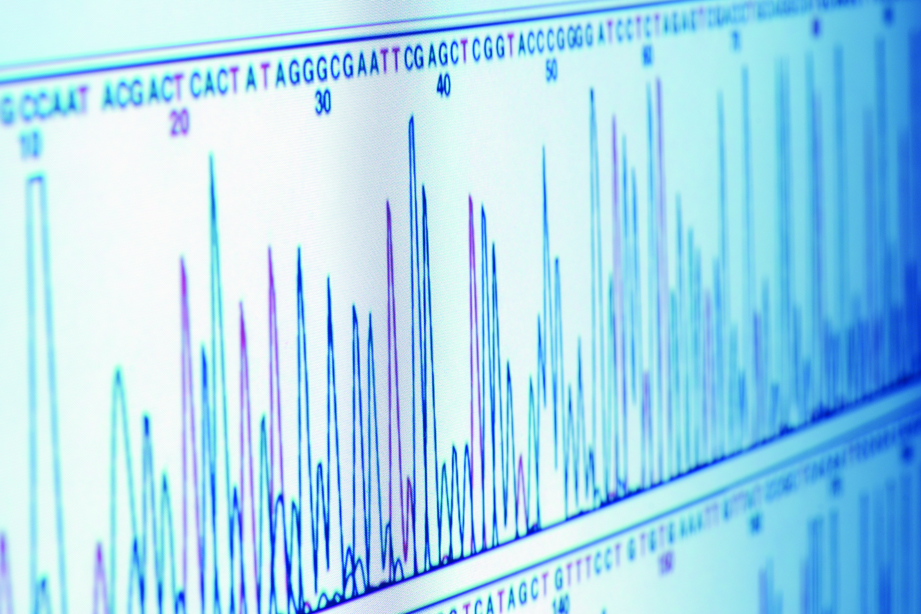Genomic and Epigenetic Factors That Influence Development and Outcomes in ASD
Project Category: Projects – Cycle II
January 5, 2021

Challenge
Parents of children with Autism Spectrum Disorder (ASD) have long noticed that ASD aggregates within families, but may manifest differently amongst siblings. Researchers wondered how and why this occurred.
Project Summary
The team set out to examine gene-behaviour relationships of newly diagnosed children with ASD. The team hypothesized that multifactorial causes of ASD are likely to include rare ‘copy number variants’ (CNVs) within DNA sequence, as well as DNA methylation variants (DMVs). Methylation occurs when molecules, called methyl groups, attach themselves to DNA segments. DMVs can arise randomly because of gene mutations or because of environmental exposures such as air pollution, fertility treatments or gestational diabetes. DNA methylation can influence whether genes are expressed nor not; the study of how such changes incluence gene expression is referred to as Epigenetics.
To pinpoint DMVs associated with autism, a group led by Dr. Rosanna Weksberg looked at methylation at over 850,000 sites across the epigenomes of sibling pairs with ASD. Compared to the genome, the epigenome is more malleable. The team suspected that using it would lead to more accessible therapeutic targets and reveal new biomarkers could provide early detection signs. Such findings would then further deepen our understanding of the mechanisms that can deregulate gene expression and contribute to different kinds of atypical brain development.
Result
When investigators from KBHN set out to identify genetic risk factors for ASD in 2010, they expected they would often find the same gene variants in pairs of siblings who both had autism. What they found is that ASD can manifest in a wide variety of ways, even among members of the same family.
Nearly 70 percent of the affected siblings they studied carried different ASD-relevant variants. Compared to the minority of pairs who did share a risk variant, the siblings who did not share a risk variant tended to show more divergence in their development, difficulties and strengths.
Funding
This subproject was part of the larger “ASD Program: Optimizing Development and Outcome in Children and Youth.” The ASD program was funded a total of $1,142,681 from the Kids Brain Health Network and $794,987 from participating partners.
Team
Principal Investigators
Lonnie Zwaigenbaum, University of Alberta
Stephen Scherer, University of Toronto
Co-Investigators
Rosanne Weksberg, University of Toronto
Jessica Brian, University of Toronto
Susan Bryson, Dalhousie University
Isabel Smith, Dalhousie University
Partners
Baby Siblings Research Consortium
Simons Foundation
Autism Speaks